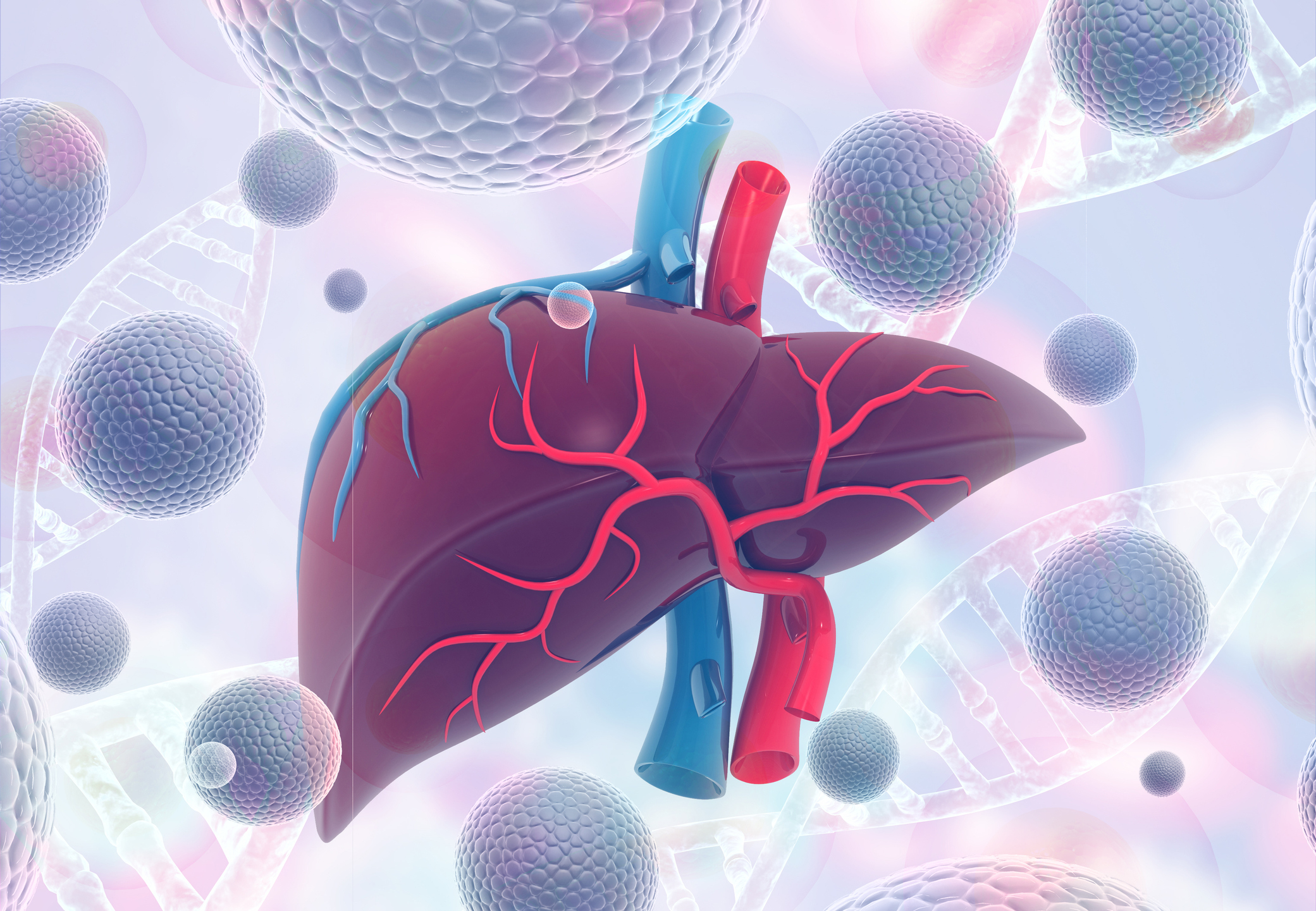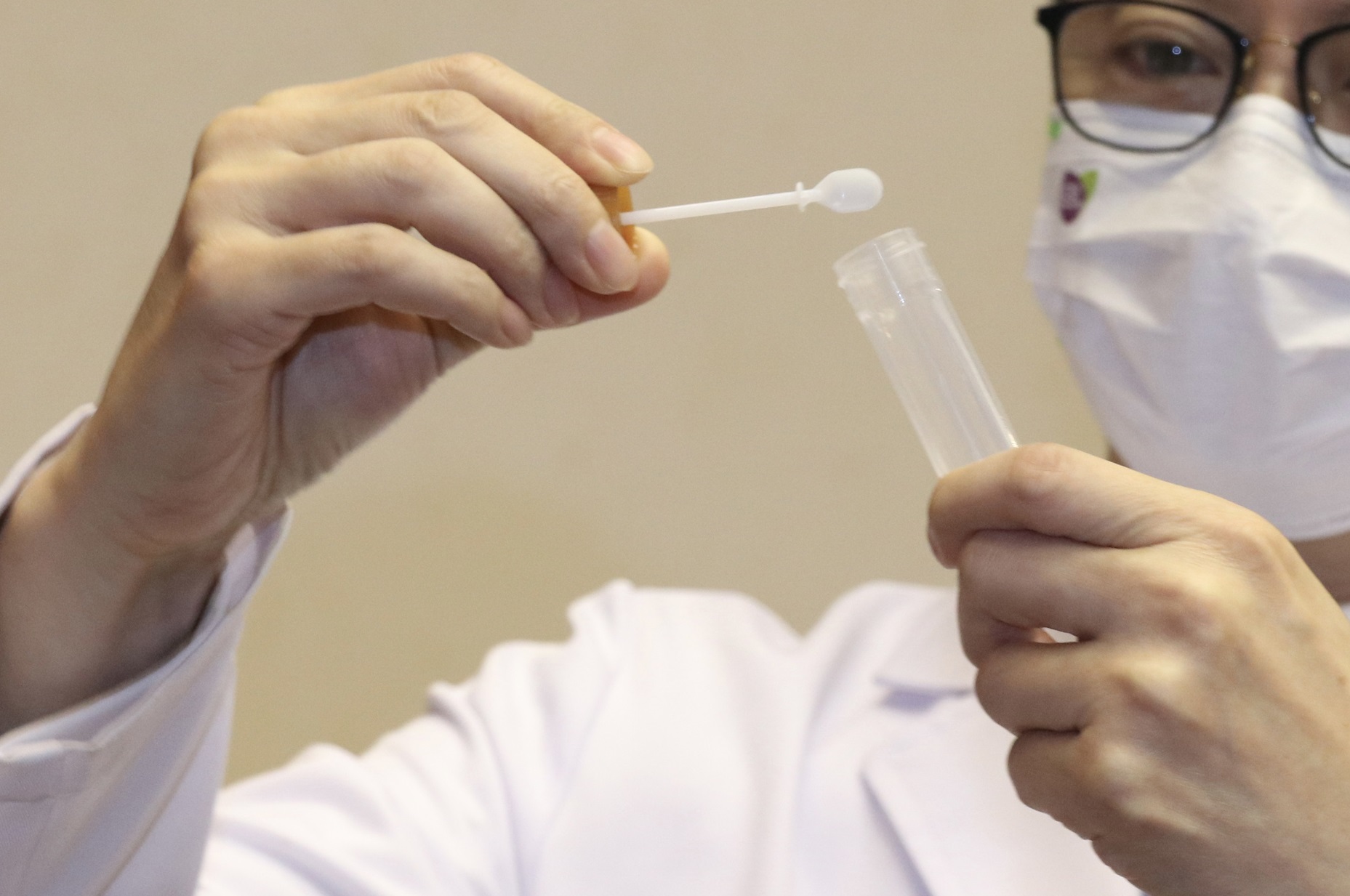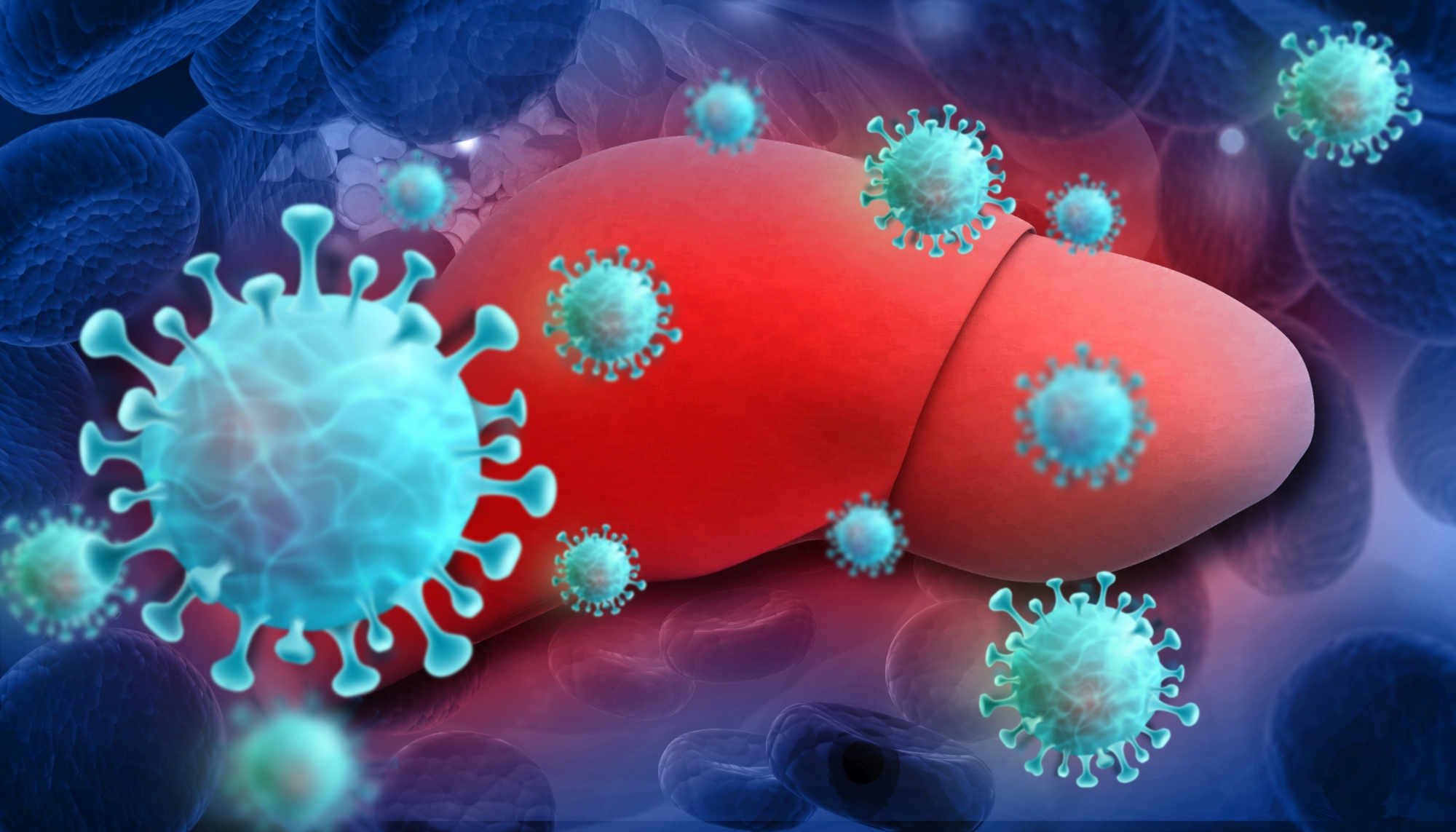English
繁體中文
简体中文

An unhealthy diet, lack of exercise and staying up late are common habits that can damage our livers. The liver is known as a silent organ: symptoms of liver failure do not typically show up until they develop into severe fibrosis, cirrhosis or even cancer. A team from CUHK is developing a non-invasive imaging method to detect biochemical symptoms associated with early-stage liver fibrosis, increasing the chances of successful treatment.

Professor Mei-Po KWAN from CUHK’s Department of Geography and Resource Management has been awarded the James R. Anderson Medal of Honor in Applied Geography, the highest honour in the field, for her multidisciplinary contributions to applied geography; while Professor YU Jun from the Faculty of Medicine has been awarded the Guanghua Engineering Science and Technology Award by the Chinese Academy of Engineering in recognition of her distinguished achievements in gastrointestinal cancer studies.

A low sensitivity faecal test is used to screen for colorectal cancer. Its cause, polyps can only be detected by a probing colonoscopy. Now a CUHK Medicine team has devised a first ever, highly sensitive, non-invasive “bacterial gene markers” test on faeces. It is 94% sensitive to the cancer, and over 90% sensitive to recurring polyps - which the present test can’t detect at all.

Not only old age and other chronic conditions let in COVID-19. Those with liver damage are revealed as vulnerable and face eight times the risk of experiencing intensive care, mechanical ventilation, or death. CU Medicine researchers led an international hepatologists group in a statement pushing for better clinical management of COVID-19 liver disease sufferers.